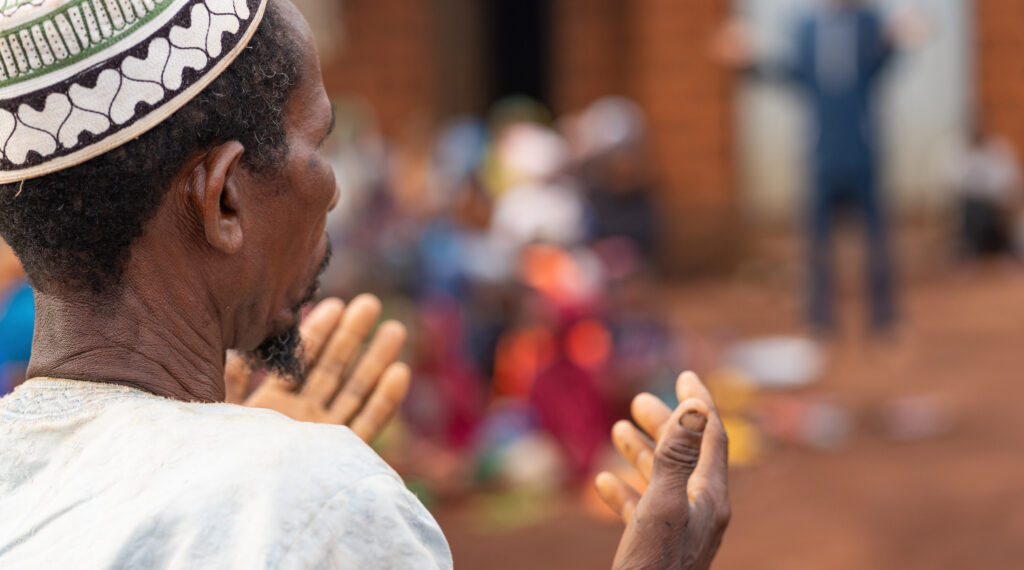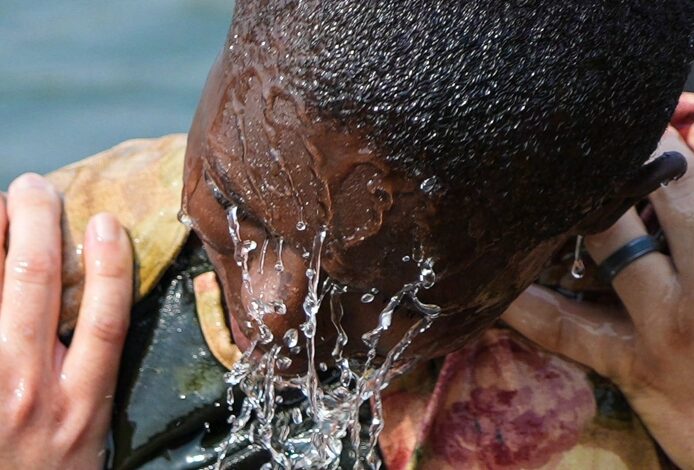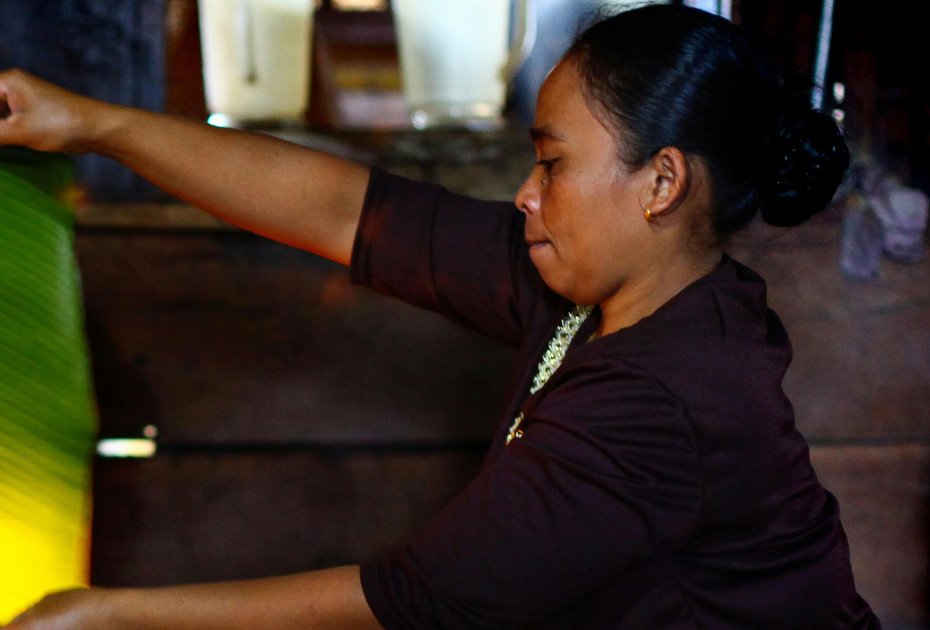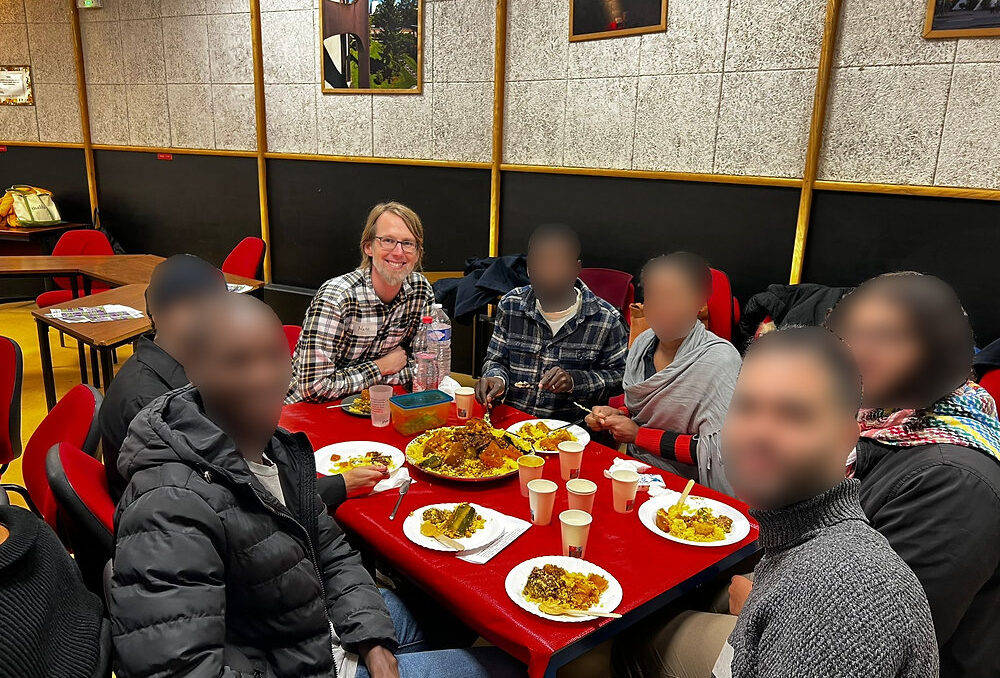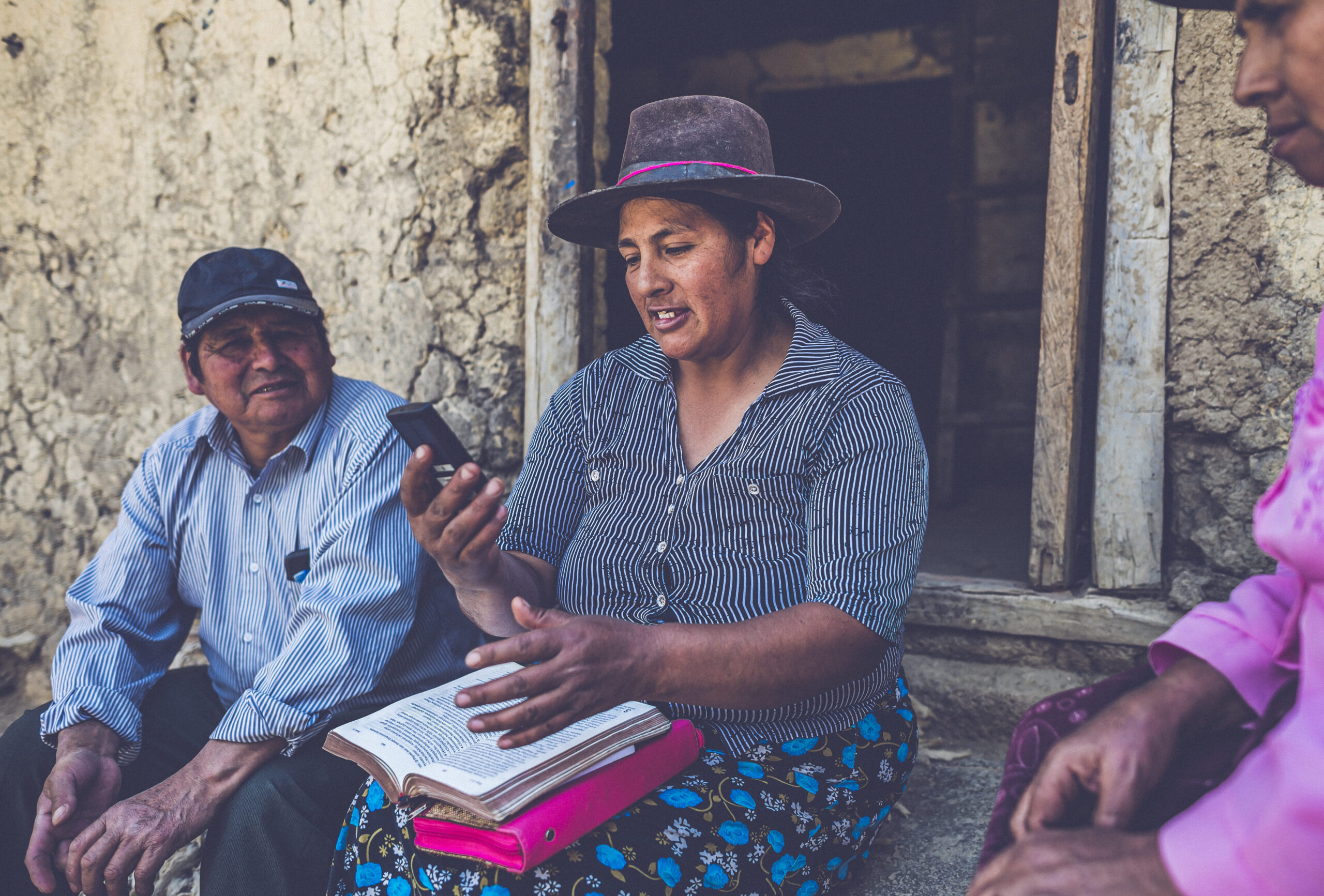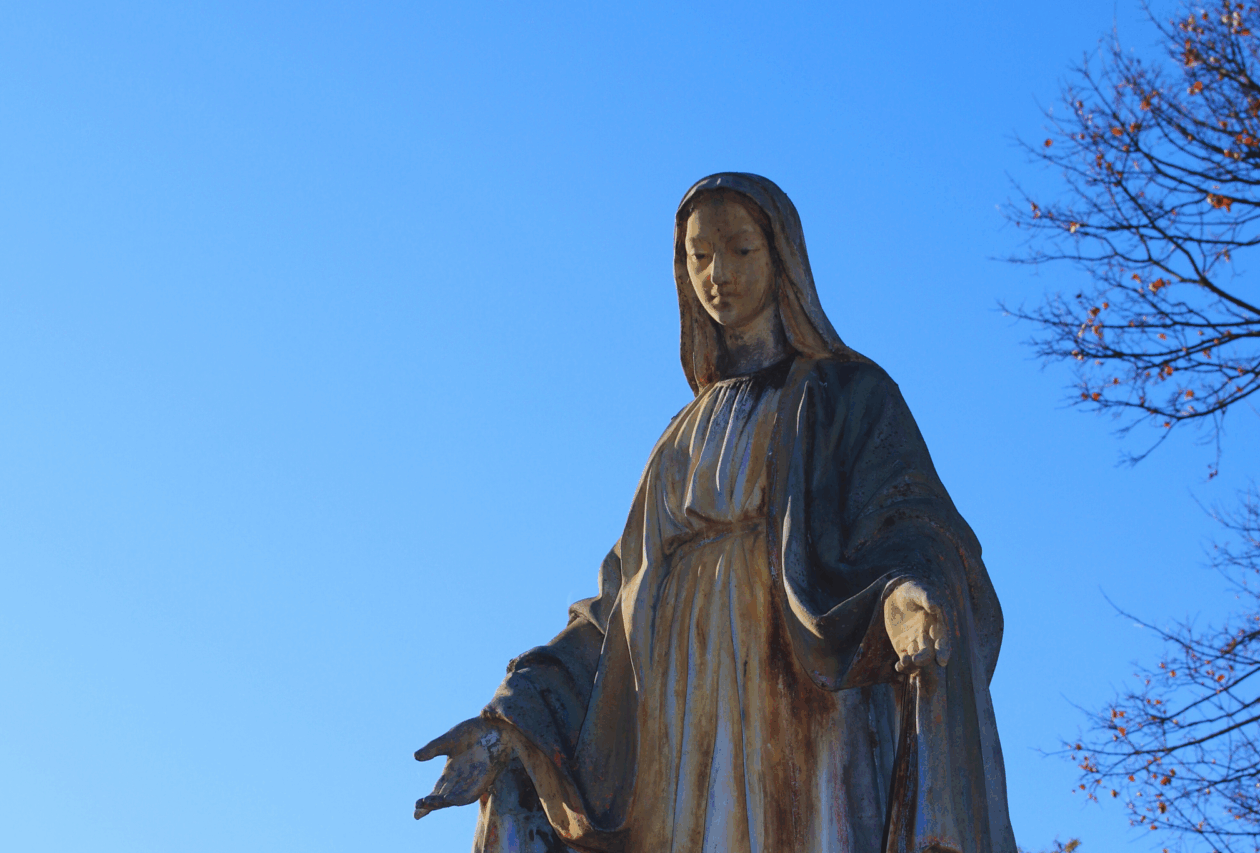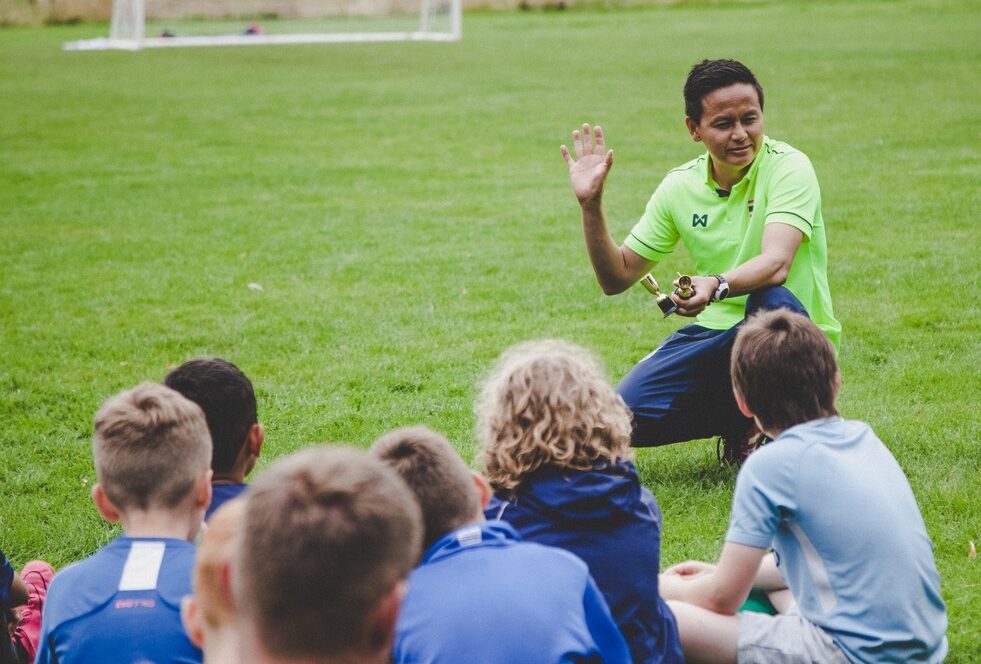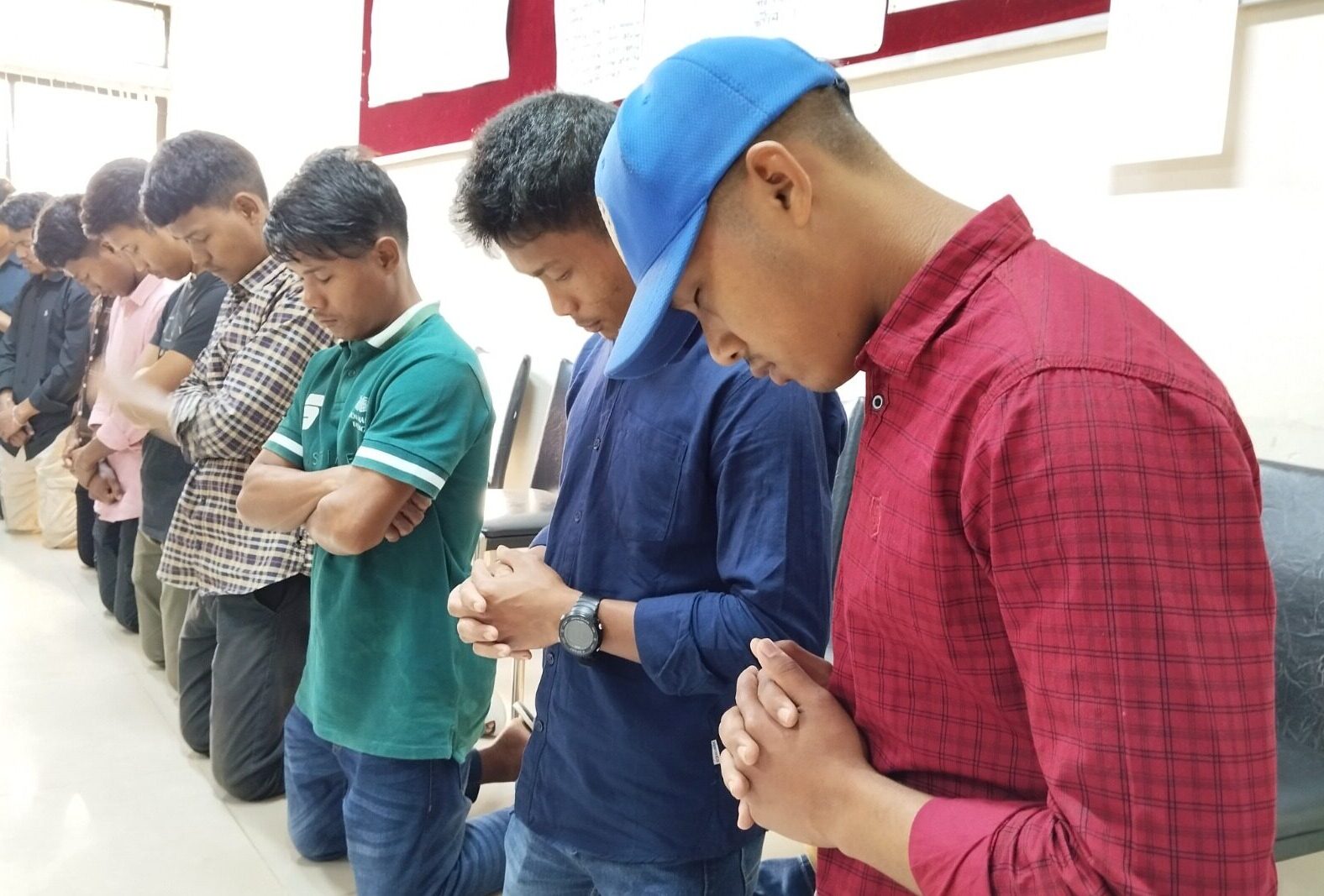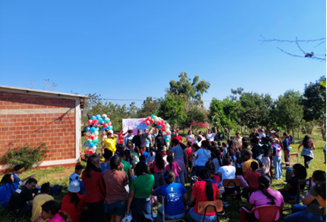By Jeanine Schmidt
Who would have thought that a young Fulani, rooted in Islam, trained in Qur’anic school and drawn into violence, would become a passionate witness to the Gospel among his own people? The story of Woury* is one of a sudden and unexpected turnaround. A path marked by fractures, hunger, solitude… and grace.
Woury was born in Burkina Faso, in a village close to the Mali border and into a Fulani Muslim family. He was one of nine children. There were no Christians around him, and no path other than the one mapped out for him: Islam, the Qur’anic school, tradition.
When he was seven, his father died. His widowed mother decided to leave everything behind and return to her native region on the other side of the country, near Niger. There, Woury joined a new school… which he soon left. He already knew what was being taught. With his family’s agreement, he started an apprenticeship as a car mechanic. But the garage owner closed up shop, and the young boy found himself idle.
In secret, Woury gave his life to Jesus.
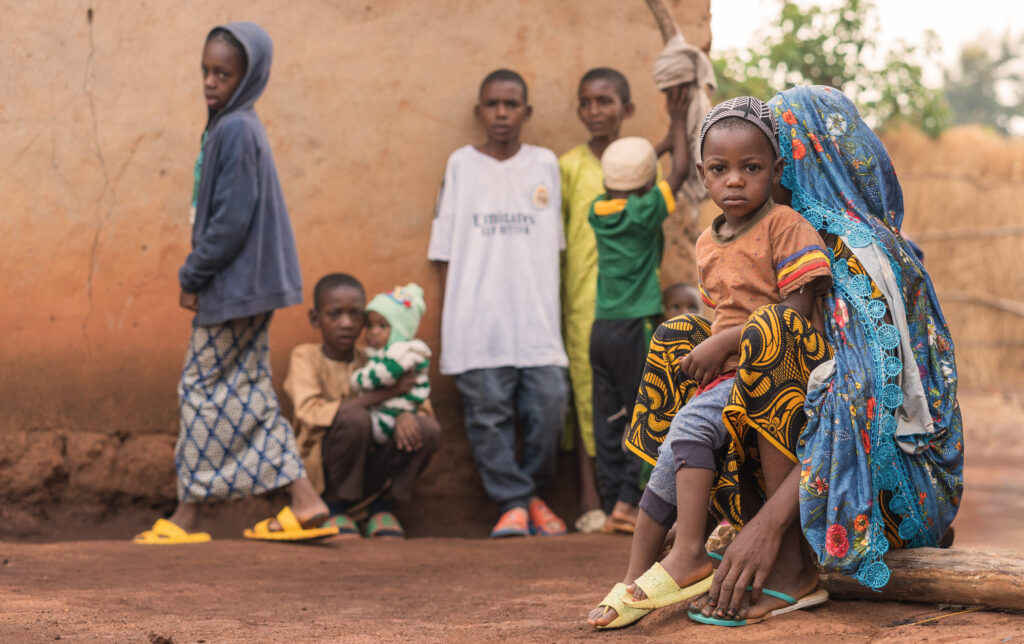
So he slipped. Slowly. He fell into bad company and plunged into violence, taking part in brawls, some of them deadly. Woury’s frightened mother reacted by sending him to live with his older brother in the capital.
This brother, a painter by trade, hid a secret: in Ouagadougou, he had become a Christian. But he had kept his faith secret to avoid being rejected by his family.
One day, while he and Woury were working together doing some painting, they were listening to the radio. An imam known throughout the country came on and started talking about the final judgement and the condemnation that awaited infidels.
The words shook Woury to the core. He’d heard them before in the Qur’anic school, of course. But now… it was as if a blade was piercing his heart. The fear of divine punishment prompted a question he had never dared ask: what if he wasn’t ready?
Incredibly, it was the preaching of an imam that sparked off Woury’s spiritual quest, leading him to discover the God of the Bible!
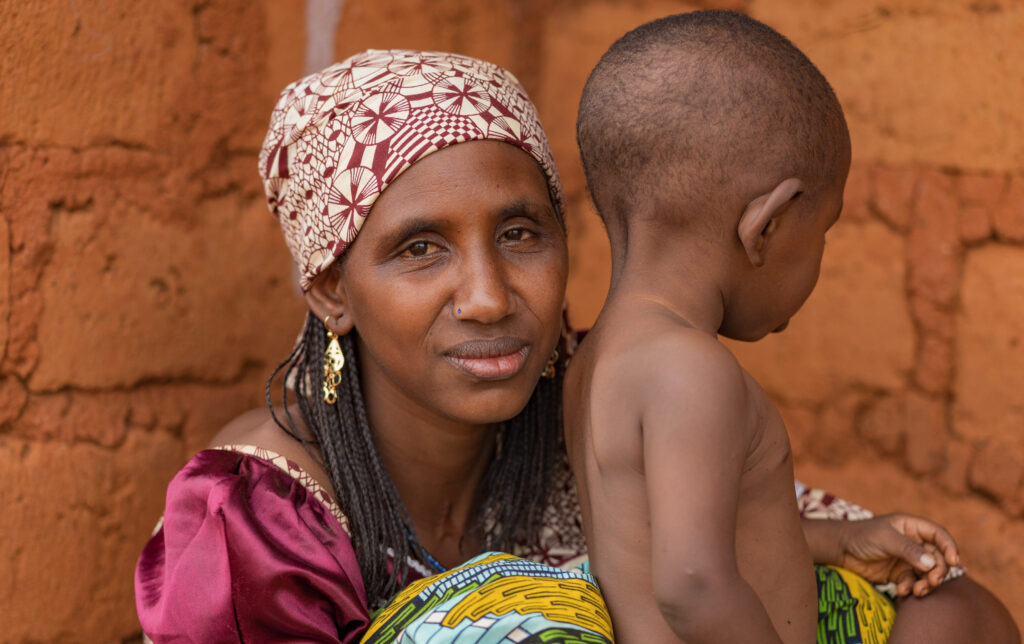
His brother saw the inner turmoil and plucked up the courage to break the silence. He told Woury about Jesus; about a just God; about a saviour; about forgiveness and peace; about the cross. Woury listened, troubled. He had never heard about Jesus before. He wanted to understand, so he went to church.
After going to just three services and three meetings, it all clicked: in secret, Woury gave his life to Jesus.
The pastor was cautious and advised him not to tell his family. When Woury returned to his clan, he prayed in silence, sitting among the men during Islamic prayers. But very soon, his double life became unbearable. He stopped going to the mosque. Then people started to look at him differently.
Please pray
- For Woury and Maria to continue their walk with God and be a beacon of Christian hope for the Fulani people
- For reconciliation between Woury and his community and that they would come to understand why he has decided to follow Jesus
- For God to raise up more gospel workers from among the Fulani

